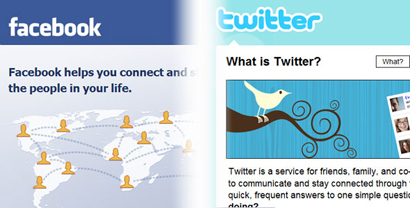
Let me share a secret with you that many successful online solopreneurs already know – you have to manage your business before you can market your business, and if you’ve been with me for a while you’ve no doubt heard me say this many times!
So, if you can answer YES to at least ONE of these questions then you know you are not effectively managing your business:
* Do you feel overwhelmed at the start of each day – you don’t know what to do first?
* At the end of each day do you feel like you’ve achieved nothing, yet you’ve been ‘busy’ all day?
* Do you find projects/clients are falling through the cracks?
These are some of the classic signs of a LACK of systems – you’re not effectively managing you business so how can you effectively market your business? You don’t have your core systems in place and your business is running you when it should be you running your business!
Let me share with you now five ways you can start to manage your business so that you can effectively market and grow your business:
1. Review your current systems. The first thing you need to do is look at the systems you currently have in place. What is it that constantly frustrates you, or that you feel you are spending too much time on? Are you continually searching around looking for an email address? Or cannot tell at a glance if your project is on track? Make a list of where you feel the problems are – these are your time drains. This is where you need to make improvements in your systems so that they work for you and not against you.
2. Set about creating your core office organization systems. Now that you know where the problems are you can begin to take steps to improve them – in other words you can now start creating your core systems! A system is simply a description of HOW you do something. For example, how do you create a new client file? How do you handle new client enquiries? Look at those areas you’ve already identified as your time drains and decide how these time drains can be turned into a system. List all of the steps you take in a process from start to completion – these steps will form your system.
3. Systemize repetitive tasks. If you find yourself doing the same task over and over again then you need to create a system for it. One example could be you’re answering the same client enquiries again and again. The easy way to resolve this is to put all those questions together in one place and create an email template. The next time a client asks you a question you simply open the email template, put their email address in the ‘To’ field, and hit send! Or, an alternative option would be to create a FAQ (Frequently Asked Questions) page on your website and direct enquiries there.
4. Create a calendar template. Now that you have your core systems in place, start and look at how your work week is structured. Create a calendar template that blocks out time for certain activities, i.e. you might decide that Friday is your business development day, Monday is for marketing, and Tuesday through Thursday are for clients/revenue-generating activities. Once you create a structure around your work week you will find that you become much more focused and productive.
5. Create a long-term plan. I’m a huge fan of spreadsheets – they can be used for so much more than just sums! And I use them to plan out my whole year. I have created an annual marketing plan that shows me month-by-month what programs I’m going to be running, what promotional activities I’ll be doing, and which list building strategies I’ll be implementing. This takes a lot of the guess-work out of running my business because it means I always know where I’m going!
I guarantee that you too will start to see an increase in your business, your income, and your productivity if you start to implement some of the steps I’ve suggested above. You’ll wonder why you left it so long.


